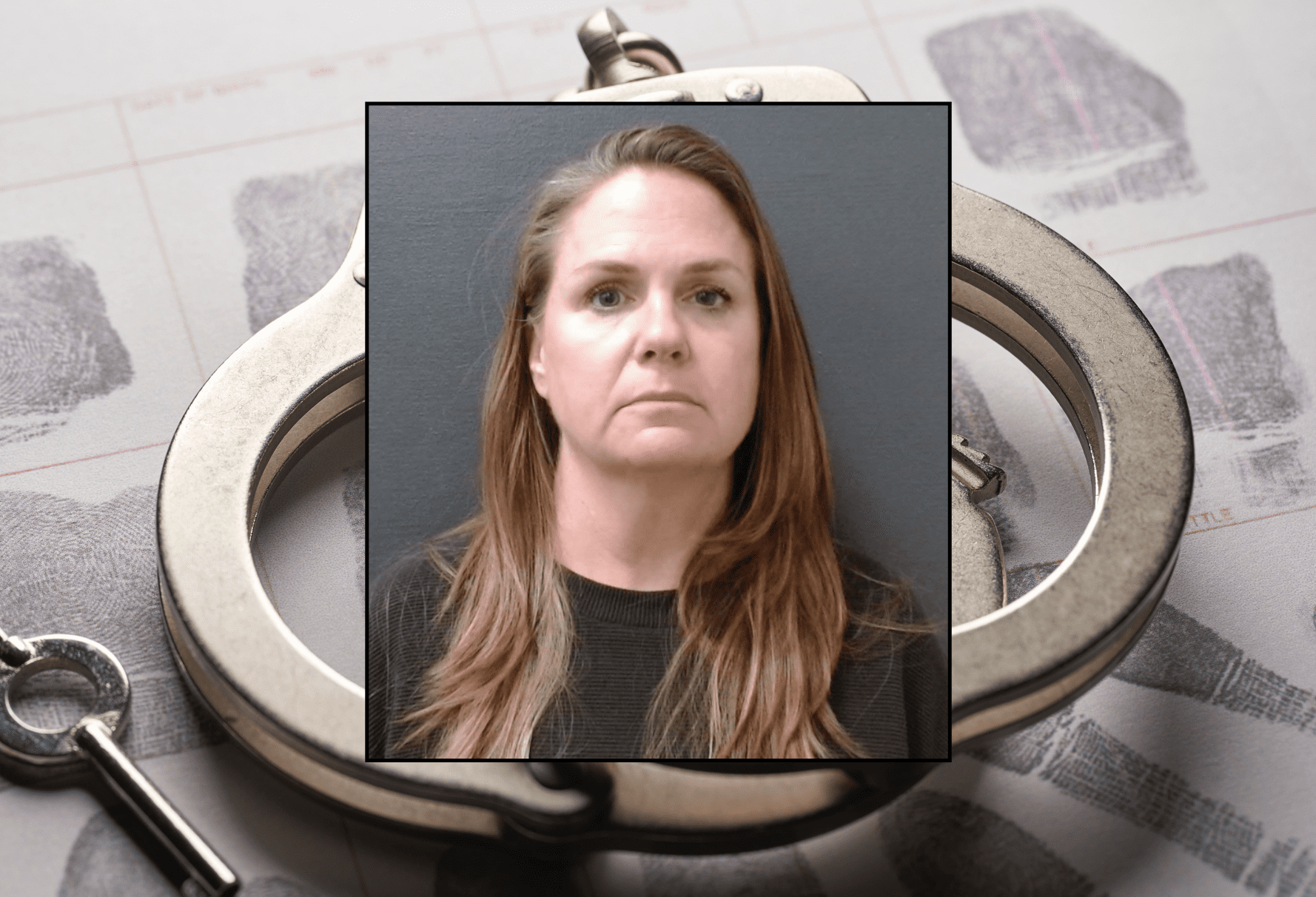Responding to a state lawmaker’s inquiry about how sexually explicit books ended up in Texas school libraries, a bookseller acknowledged they don’t review the books they sell and said local school boards are responsible for any “inappropriate” books made available to school kids.
Book vendor Perma-Bound responded this week to a letter sent February 22 by State Rep. Jared Patterson (R–Frisco) after parents in his district complained about sexually explicit books on school library shelves.
“What steps does Perma-Bound take to ensure books sent to Texas school children are appropriate?” Patterson asked.
None, according to Perma-Bound President James Orr:
Perma-Bound does not make editorial decisions or review individual books for suitability as long as the book is otherwise published legally, and without knowledge of materials you consider “graphic” or “inappropriate due to sexual nature.” …
Rather than usurping local control over which books may be suitable for minors in Texas, or elsewhere, we at Perma-Bound rely on the good judgment of state and local boards to monitor the suitability of any particular title.
“They not only deny any responsibility for sending sexually explicit pornography to Texas school children, they actually seem to imply that they don’t even know what they sell to Texas school districts,” Patterson said after receiving Perma-Bound’s reply.
It turns out school districts don’t always seem to know what they’re buying.
Who’s Responsible?
Neither the bookseller nor district officials take responsibility for giving students access to books like “Gender Queer,” which graphically illustrates young boys engaged in sex acts.
Officials in Prosper Independent School District told Patterson they often buy “bundles” of new books from vendors and don’t necessarily vet all of the titles before school librarians put them on shelves for kids to access.
They identified Perma-Bound as the vendor who sold them the bundle that included “Gender Queer.”
“We are working with local districts to ensure policies are developed on the front end to stop pornography from being supplied to schools in the first place,” Patterson said. “But we’re also going after these vendors who decide to send this filth to Texas school children. It’s unacceptable, and they will be held accountable.”
Earlier this month, Patterson sent a letter with 26 other Republican Texas House members to every school superintendent in the state, asking them to pledge not to work with vendors “who have supplied child pornography to public schools.” As of March 8, Patterson reported 18 districts had signed the pledge.
The presence of “Gender Queer” in multiple Texas school districts’ libraries shows parents can’t always rely on local officials to adequately “monitor the suitability” of books the schools are buying, and that new policies are needed.
New Standards
Last November, Gov. Greg Abbott directed the Texas Education Agency, Texas State Library and Archives Commission, and State Board of Education to “develop statewide standards to prevent the presence of pornography and other obscene content in Texas public schools.”
In January, Patterson pressed TEA to expedite the new guidelines. TEA Commissioner Mike Morath responded on February 7 that school districts could expect guidance “in the near future.”
Granbury ISD officials didn’t wait for the state to act. The school board amended its local district policy to allow the removal of materials that are “pervasively vulgar or based solely upon the educational suitability of the resource in question.”
The district removed five sexually explicit books in January. After a committee of parents, community members, and staff reviewed 131 more books, they designated three other books for removal based on sexually explicit content.
Local Debates
Debates over a relatively small number of controversial books are happening as statewide test results show less than half of Texas students in third through eighth grade can read at or above grade level.
Some district officials argue the provocative topics encourage kids to read more.
Several left-leaning organizations are also defending sexually explicit books in school libraries and denouncing efforts to limit children’s access to adult content while they’re in school as “censorship.”
The ACLU sent a letter and “legal analysis” to Granbury ISD, claiming the district’s new policy and library review committee “strips away First Amendment safeguards.”
The Texas affiliate of the American Library Association also argues the “freedom to read” is a “human right protected by the First Amendment” that extends to kids of all ages having access to sexually explicit books in public schools.
The Texas State Teachers Association president denounced the reviews as a “witch hunt” and suggested schools wanted to “burn the books.”
Some parents also argue their kids are entitled to have access to any books they want within their taxpayer-funded school libraries.
Others say parents are free to allow their kids access to any content they choose outside of school, but that taxpayer money shouldn’t be spent on making graphic (and often politicized) sexual content available to students without parental oversight.
As school districts await new state guidelines, parents are continuing to demand transparency and accountability from their elected school boards about what’s in their kids’ school libraries.





